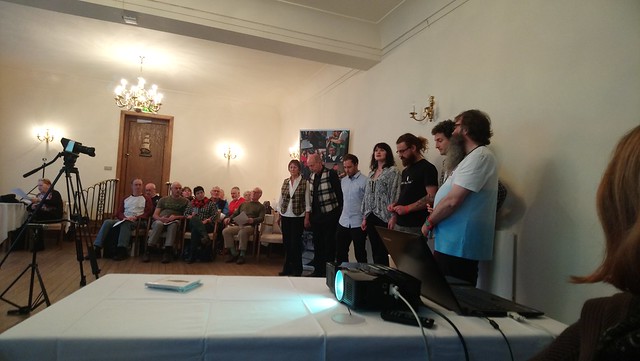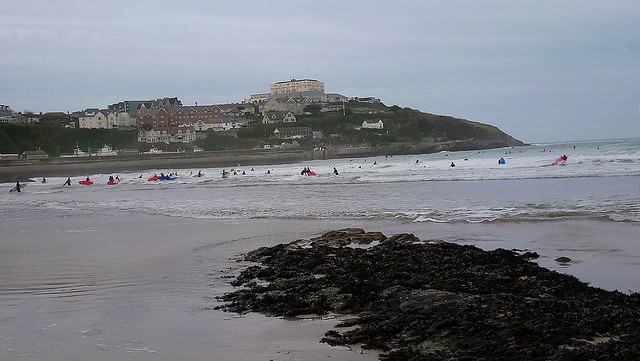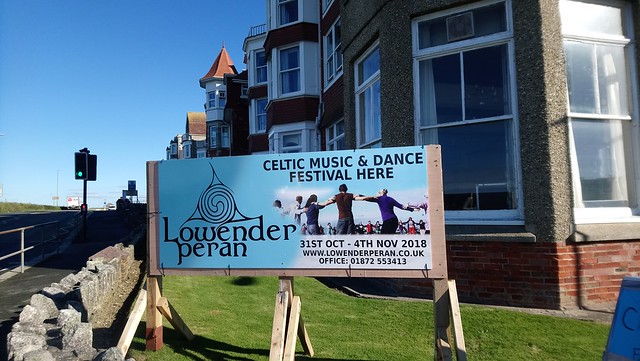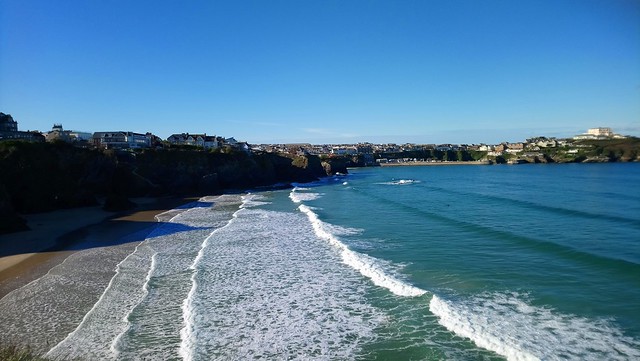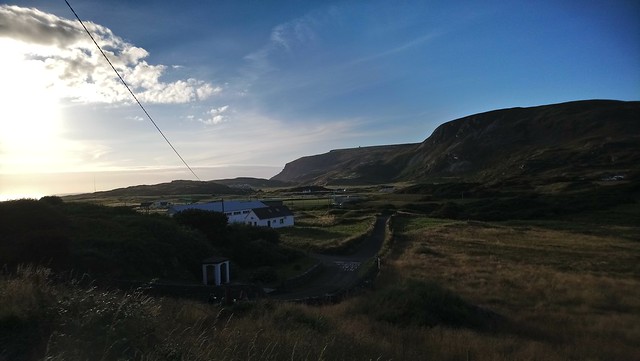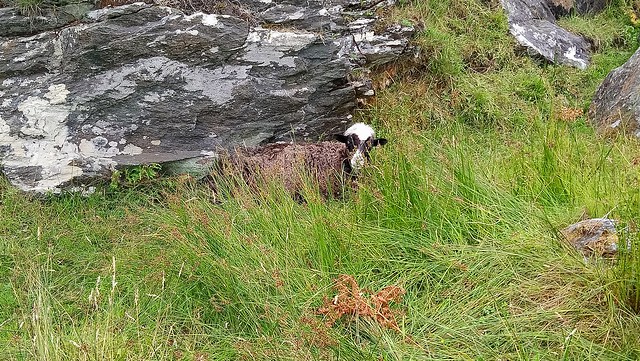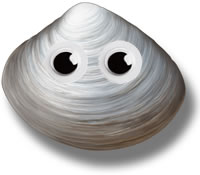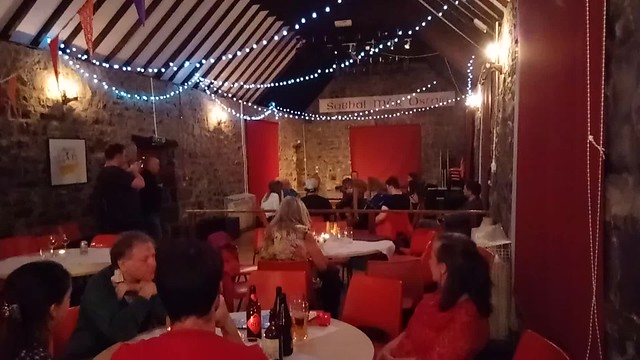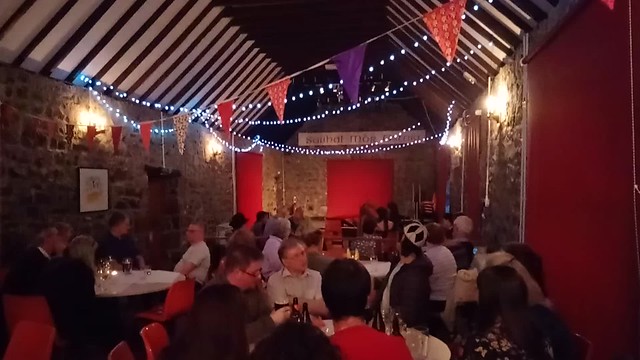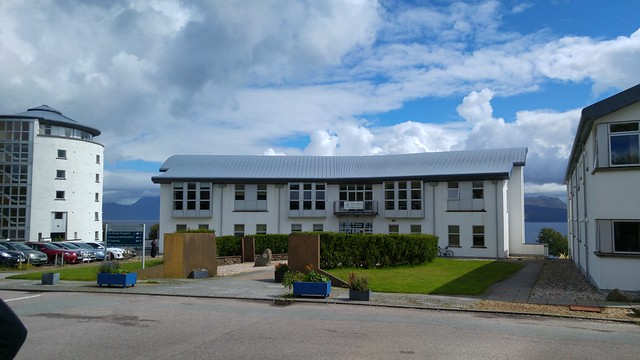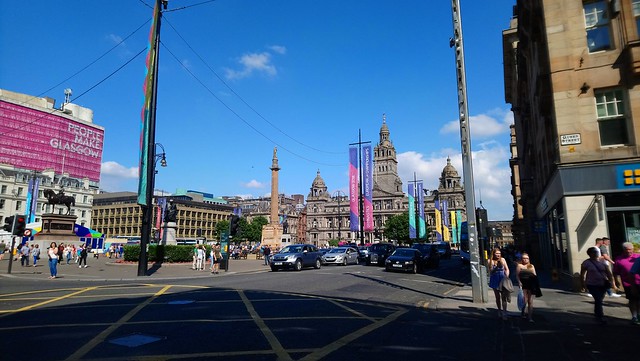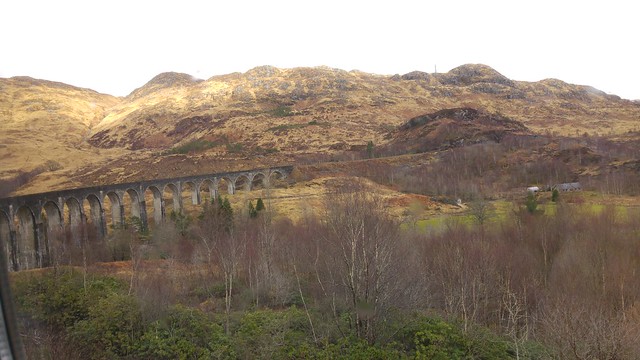Yesterday I learnt some Scottish step dancing with Joy Dunlop in the morning, which was a lot of fun and quite tiring, then in the afternoon there were performances from Cornish and Breton groups.
I also went to a Cornish shanty session with the Aggie Boys Choir, Tir Ha Tavas and Matt Blewett, and a Cornish tunes session hosted by Richard Trethewey of The Grenaways and The Rowan Tree. I didn’t know any of the tunes, but did my best to pick up bits of them. I also recorded some, and may try to learn them and introduce them to sessions in North Wales.
I even heard a few conversations in Cornish between fluent speakers, understood quite a bit of them, and even took part in a few conversations in Cornish myself. At the concert in the evening, which featured groups from Brittany, Cornwall and Wales, the introductions to the groups were in Cornish and English, and I found that I could follow quite a lot of the Cornish.
This morning I had another explore of Newquay and went down to Towan Beach, which seems to be very popular with surfers. Later today there will be more workshops in dancing and singing, readings of poetry and stories in Cornish, and more performances and dances.
